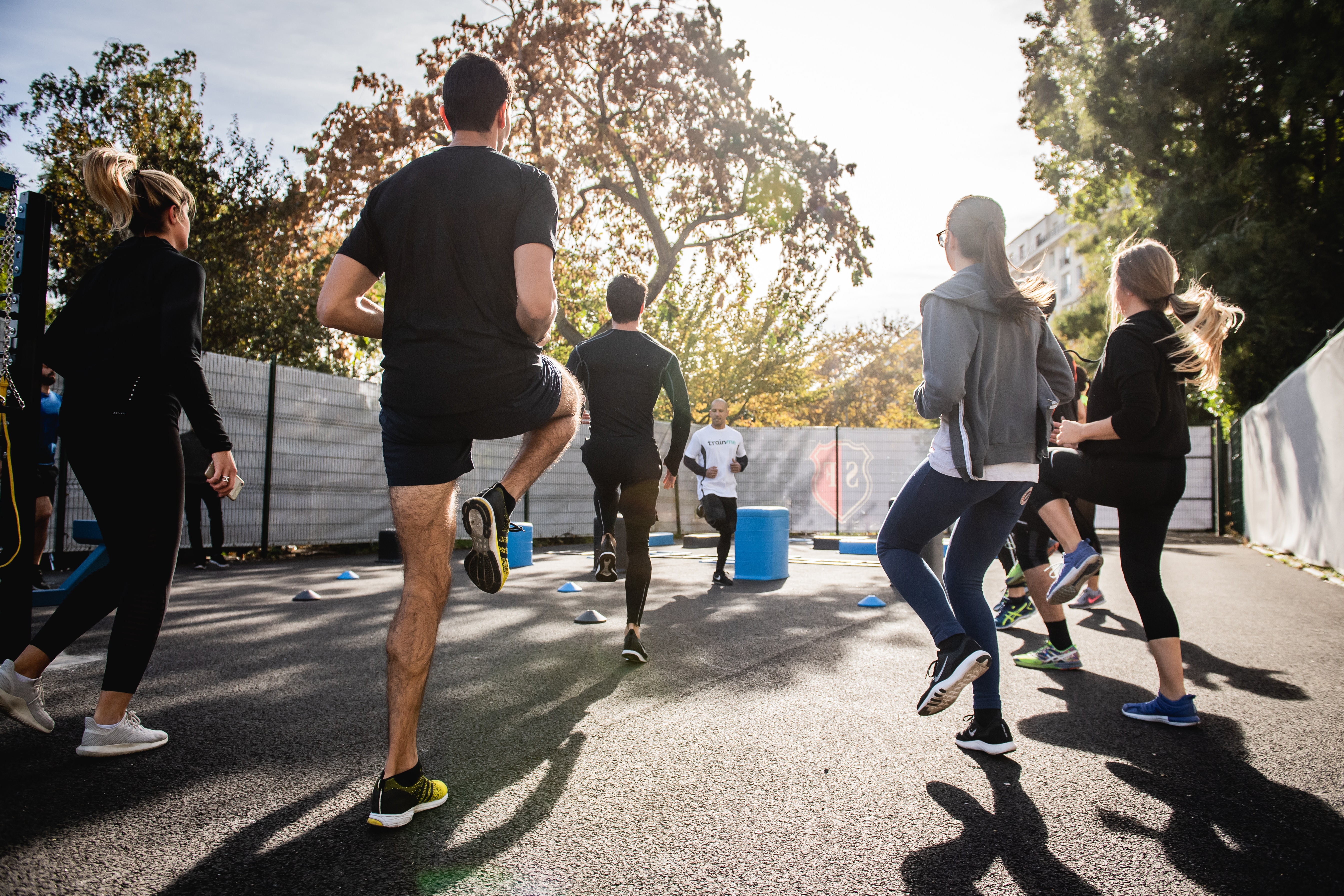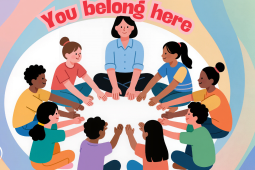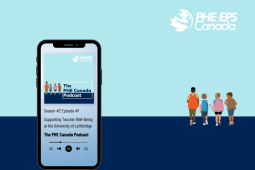The Importance of Quality Physical Education Programs

Previously published in Volume 83, Issue 4
Scientific evidence is blazing light on the impacts of positive early physical activity experiences on lifelong healthy exercise habits. At the same time, teacher training in physical education is being clawed back, leaving some teachers to defer to damaging beliefs and approaches that have no place in modern physical education.
Dr. Yoni Freedhoff recently reposted a blog from 2014, titled “High School Phys-Ed Horror Story Highlights Risk of Tying Exercise to Weight Loss.” The blog highlighted one experience in a secondary school where students were required to participate in a weekly high intensity fitness regime and publicly track and display their weight, measurements and body mass index (BMI) to the class. Such actions, while perhaps with misguided good intentions, can result in detrimental current and future impacts on a child – especially at an age when they are dealing with body image and self-esteem challenges and we begin to see declining rates in sport and physical activity.
Physical education needs to be an experience that involves learning, is developmentally appropriate, and is also inclusive, safe, fun and enriching. It should challenge students, equip them with knowledge and skills, and inspire them to become healthy and active outside the school walls and throughout their lifetime.
Evidence has shown that students who receive quality daily physical education programming score higher on measures of enjoyment, attitude and knowledge toward healthy lifestyles, they are more likely to maintain or even enhance their academic performance, and they are more likely to be active during their leisure time and later in life.
The Honourable Nancy Greene Raine, a senator and Olympic champion, is a strong advocate for quality physical education programming. She commented, “With obesity rates on the rise, less than half of Canadian children meeting the recommended physical activity levels, and children spending almost half their waking day in school, physical education plays a crucial role in introducing and engaging Canadian children in sport and physical activity.”
The importance and benefits of physical education is evident, but its impact is only as good as its delivery. Physical and Health Education Canada is Canada’s leading resource for quality programs that support healthy physical education curriculum delivery and professional development opportunities.
Let’s provide positive physical and health education experiences to our children that propel them towards a lifetime of healthy, active living.








